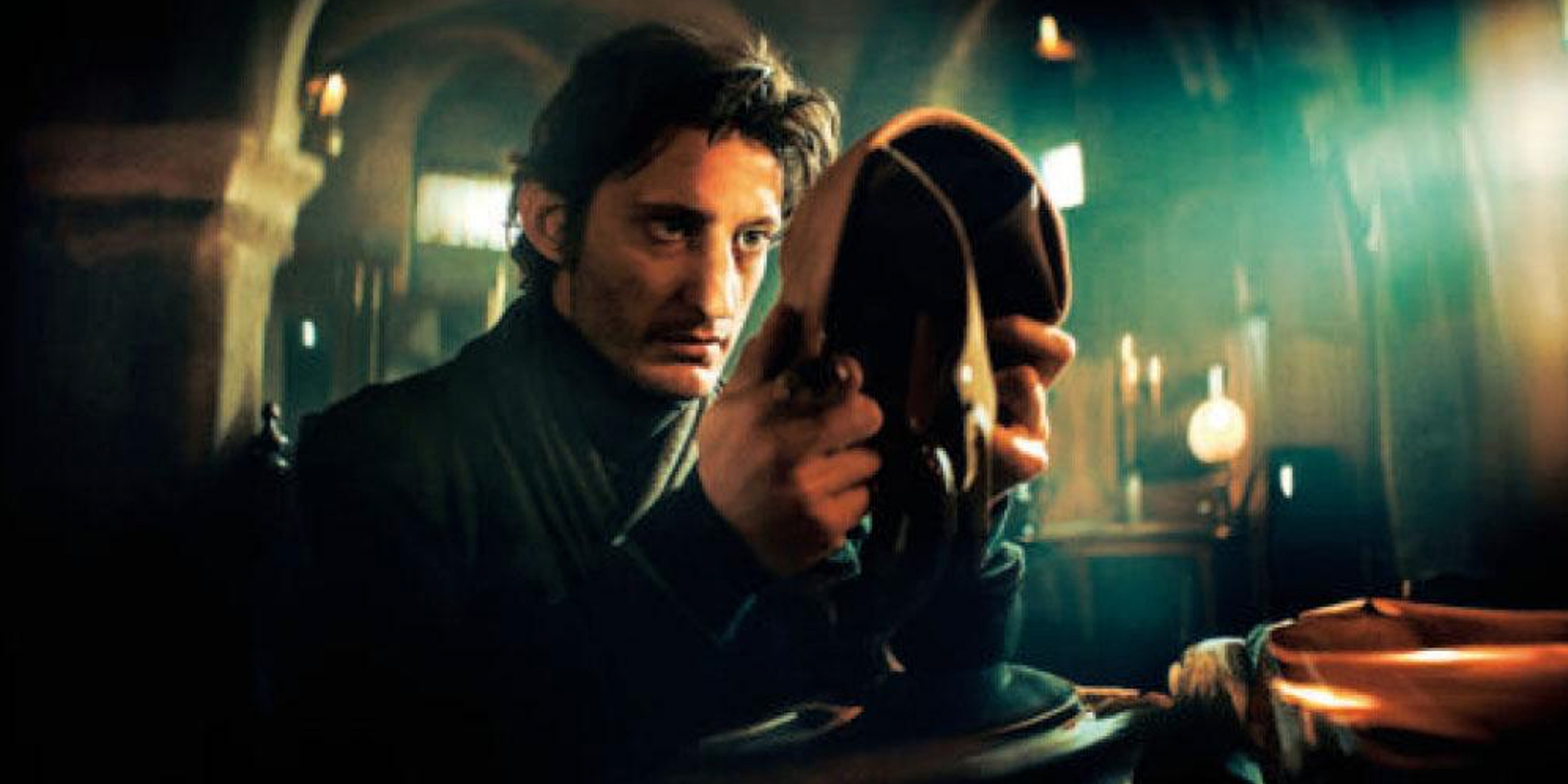Is The Count Of Monte Cristo Still Relevant Today? A Review

Table of Contents
Themes of Revenge and Justice in a Modern Context
The Allure of Revenge:
Revenge narratives possess a primal appeal, tapping into deeply ingrained human emotions. Edmond Dantès's quest for revenge, meticulously planned and ruthlessly executed, is both captivating and morally complex. While we might condemn his actions, we also understand the powerful emotions driving him. The Count of Monte Cristo explores the seductive nature of revenge, highlighting its potential to consume and corrupt, even as it offers a temporary sense of satisfaction. This resonates with modern audiences familiar with similar themes in contemporary media.
- Examples of modern works exploring similar themes:
- Kill Bill (Quentin Tarantino's stylized revenge saga)
- Taken (Liam Neeson's action thriller centered on a father's quest for revenge)
- Numerous television series exploring the complexities of revenge, like Peaky Blinders or The Punisher.
Justice Delayed, Justice Denied?:
Dumas’s novel serves as a powerful critique of a flawed judicial system, exposing its susceptibility to corruption and injustice. Edmond's wrongful imprisonment underscores the devastating consequences of a system that fails to deliver justice. This resonates deeply with contemporary concerns about fairness, equity, and the prevalence of miscarriages of justice. Edmond's actions, though driven by a desire for justice, raise questions about the morality of vigilante justice and whether the ends justify the means.
- Examples of modern-day miscarriages of justice: Numerous cases of wrongful convictions highlight the ongoing struggle for a truly just legal system worldwide. These real-life examples reinforce the novel’s timeless relevance.
Enduring Characters and Compelling Narrative
The Complexity of Edmond Dantès:
Edmond Dantès's transformation from a naive, hopeful young man to a cunning, vengeful Count is one of the novel's most compelling aspects. His journey is a complex exploration of human nature, showcasing the profound impact of betrayal and suffering. While his methods are questionable, his ultimate quest for justice and eventual path towards redemption (or at least a form of it) make him a captivating and multifaceted character.
- Key moments showcasing Edmond’s character arc: His initial innocence, his time in prison learning and planning, his calculated acts of revenge, and his final moments of reflection.
Memorable Supporting Characters:
The supporting characters in The Count of Monte Cristo are equally compelling, each with their own motivations and flaws. Fernand Mondego, driven by jealousy and ambition, becomes Edmond's primary antagonist. Mercedes, torn between her past and present, represents the complexities of love and loyalty. Haydée, a captivating figure in her own right, adds another layer of intrigue. These characters enhance the narrative richness and add layers of complexity to the central conflict.
- Key characteristics of significant supporting characters: Fernand's ambition and ruthlessness, Mercedes's internal conflict, and Haydée's resilience and strength.
The Count of Monte Cristo's Continued Cultural Impact
Adaptations and Reinterpretations:
The Count of Monte Cristo has enjoyed numerous adaptations across various media. From classic film versions to modern television series, the story has consistently captivated audiences. These adaptations often update the story's setting and themes to resonate with contemporary viewers, while retaining the core elements of the original narrative. This enduring popularity speaks volumes about the story's versatility and its continued relevance.
- List of key adaptations: Numerous film adaptations, including the 1934 and 1998 versions, various television series, and stage productions.
Relevance to Contemporary Issues:
The novel's themes – betrayal, ambition, social injustice, the corrupting influence of power and wealth – remain strikingly relevant to modern society. The Count of Monte Cristo serves as a cautionary tale, exploring the consequences of unchecked power and the enduring struggle for justice. Its exploration of these timeless themes ensures its continued appeal to readers across generations.
- Examples of current events reflecting the novel's themes: Political scandals, corporate corruption, and ongoing social inequalities mirror the themes explored in the novel.
Conclusion: Is The Count of Monte Cristo Still Relevant? The Verdict
The enduring appeal of The Count of Monte Cristo lies in its exploration of timeless human experiences: the seductive allure of revenge, the quest for justice, the complexities of human relationships, and the enduring struggle between good and evil. The novel’s compelling characters, intricate plot, and insightful commentary on social justice ensure its continued relevance in the 21st century. It remains a captivating read, offering both entertainment and food for thought. Discover for yourself why The Count of Monte Cristo remains a timeless masterpiece, and share your thoughts on its modern relevance in the comments below!

Featured Posts
-
 Final Destination Iconic Death Sequence Resurfaces After Two Decades
May 04, 2025
Final Destination Iconic Death Sequence Resurfaces After Two Decades
May 04, 2025 -
 Apo Main Event Nelson Dong Secures A 390 000 Top Prize
May 04, 2025
Apo Main Event Nelson Dong Secures A 390 000 Top Prize
May 04, 2025 -
 Count Of Monte Cristo A Review Of Alexandre Dumas Classic Tale
May 04, 2025
Count Of Monte Cristo A Review Of Alexandre Dumas Classic Tale
May 04, 2025 -
 Corinthians X Guarani Onde Assistir Ao Vivo O Jogo Do Paulistao 2025
May 04, 2025
Corinthians X Guarani Onde Assistir Ao Vivo O Jogo Do Paulistao 2025
May 04, 2025 -
 Izmena Druzhby Bredli Kuper Leonardo Di Kaprio I Zhenschina Kotoraya Vse Izmenila
May 04, 2025
Izmena Druzhby Bredli Kuper Leonardo Di Kaprio I Zhenschina Kotoraya Vse Izmenila
May 04, 2025
